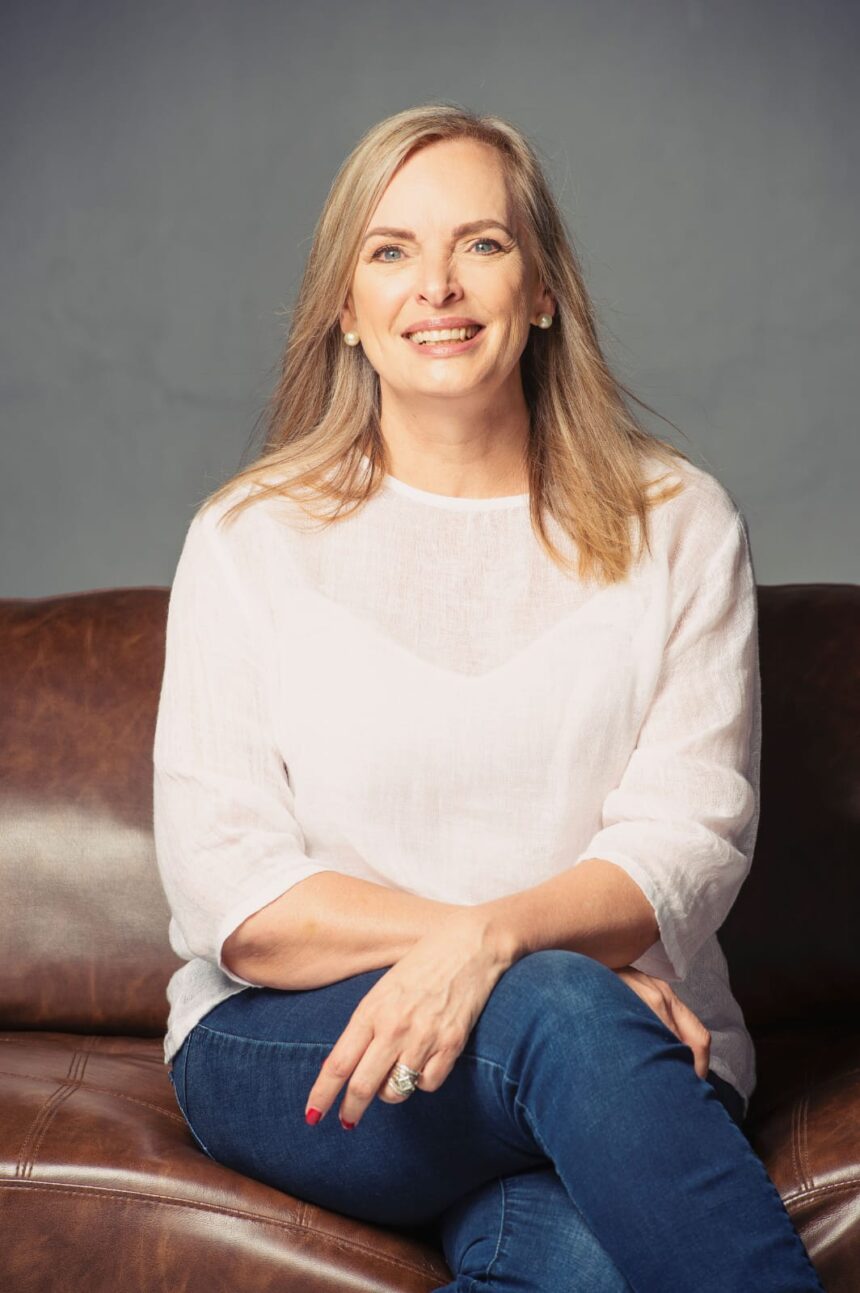I’m personally so aware that one of life’s certainties is the rhythm of birth and death, an ebb and flow as normal and as natural as the ocean tides, day and night and the seasons. It is a reminder that life is in a constant state of flux, an intricate dance if you will, where new beginnings emerge as old chapters come to a close.
When I spoke to Jonquil Siepman at Hospice East Rand about this year’s Candles Celebration event I was really drawn to a statement she made about Hospice East Rand’s hopes for today.
“At Hospice East Rand, we believe in celebrating life, not just as it ends, but throughout the entire journey”.
I say this with respect and a deep awareness of the grief and loss so many of us experience but there is an invitation here to shift the narratives we align ourselves with when it comes to death and dying.
Somehow, despite knowing that death is a fundamental part of the cycle of life there is still conventional thinking that informs much of our grieving process for us almost a sense of what the world tells us about death and grief.
As a counsellor and as a narrative therapist of 28 years, I spend time with those who are grieving and am aware that as a society, and I know I am generalising here, we tend to stay away from
- talking about death
- preparing for death
- allowing our loved ones to journey towards death without trying to hold on AND
- how to live through the death of a loved one.
I sense that conventional thoughts about grief assume that death brings with it the end of a relationship. It’s another generalisation perhaps, but society subtly, and sometimes loudly, speaks of the importance of ‘letting go’, ‘moving on’.
People tell me that there is something so final about packing up homes and personal effects. I want to be cautious here, but the implication that we are required to pack the memories and the relationship we had with the person away too…
We are encouraged to think of grief as a somewhat linear process involving at least 5 stages namely Denial, Anger, Bargaining, Depression, Acceptance. Whilst I personally am grateful that this notion has helped me to name some of the emotions around my own stories of grief and loss, it does also appear to imply that once the stages have been experienced, the grieving should be over!
Now, changing this narrative of death is a complex and deeply personal process. It involves cultural, societal, religious, and individual perspectives and so I won’t presume to know what’s best for you but I would like to share why Jonquil’s statement resonated with me.
- Death and grieving are universal experiences, affecting people of all backgrounds and walks of life. Death is an equal opportunity that claims the young and the old, the healthy and the ill, the haves and the have-nots, the religious and the non, and it takes no notice of the colour of our skins.
- I’m learning that grief is a highly individual experience. It has shown that people grieve in different ways and at different paces. Some may experience intense emotions immediately, while others may take longer to process their grief. There is no “one size fits all” approach to grieving.
- I’m learning that in the presence of loving, kind relationships, death does not cancel love!
Living people continue to love and relate to the deceased person in their mind, in their thoughts, in their feelings and in their actions.
- A person who has passed away does not cease to have influence on their loved ones, nor does the person stop mattering simply because they are no longer a part of the physical world.
Think with me for a moment about someone you have loved and lost. Just bring them to mind.
- What is it you miss the most about them? Perhaps it’s a smile, a meal they used to make.
- What are some of the lessons you’ve learnt from them? Perhaps life lessons, love lessons, work lessons, faith lessons.
- What is it you do to remember them? Do you celebrate birthday anniversaries, light a candle, greet the empty chair or visit a graveside?
Re-membering brings to life the stories, dreams and hopes of those who have passed away. In narrative therapy we say that “stories live on after death because stories flow between people. Stories are always lived in relationship. In this way, membership of a person’s life belongs to the group of people who hold particular stories and memories of times spent with a lost loved one. This includes the rights and responsibilities of tending those stories.
And the last thought I bring is a suggestion that death is teaching us about living. I don’t say this lightly. I know from personal experience that death brings pain and loss and that for some of us the relationships were difficult and challenging and loss unbearable.
What I am suggesting is, death can be a profound teacher about the nature of life, prompting us to reflect on our priorities, values, and the way we choose to live.
Can I suggest that death is teaching us to:
- Recognise that life is impermanent:
Death is a reminder that life is temporary and fragile. It highlights the importance of cherishing each moment and being fully present in our daily experiences. When we are faced with the death of a loved one, we are often forced to confront our own mortality. While this can be unsettling, it can also lead to a greater acceptance of the inevitable
- Death teaches us to prioritise what matters:
When faced with the reality of mortality, we may recognise the significance of relationships, love, and meaningful experiences over material possessions or superficial pursuits.
- Death teaches us about gratitude:
Death encourages us to appreciate the people, experiences, and opportunities we have and the importance of expressing our gratitude regularly.
- Death is also teaching us to embrace the present:
It encourages us to savour life’s experiences, big and small, and yes, cliched as it is, to find joy in the simple things. We’ve all heard, and possibly spoken phrases such as:
- We only get one chance at living
- there’s no rewind button or 2nd take at the life we have
- tell someone whilst they are alive what they mean to you
But as I think about what death might be teaching us about living, these well-worn, too familiar sayings suddenly seem to be like little nuggets of wisdom!
- Death teaches us about compassion and empathy:
It reminds us that everyone has their own struggles and that kindness and understanding can make a significant difference in people’s lives. Trevor Hudson often shares – “everyone we encounter sits next to their own pool of tears”. I find that thought very humbling.
- Death invites us to let go of fear:
To learn to let go of the inevitability of death and of fear of the unknown. Embracing the inevitability of death can reduce the fear of the unknown and help us and those we love to live more courageously.
I don’t know what living courageously means for you – whether it’s being able to get up each day or whether it’s jumping out of an aeroplane. I pray is that we may know the courage that is not just for someday, but for this day – here, now, in this moment that opens us up as we gather to honour lost loved ones here today.
By Nicole Dickson, Narative Therapist




